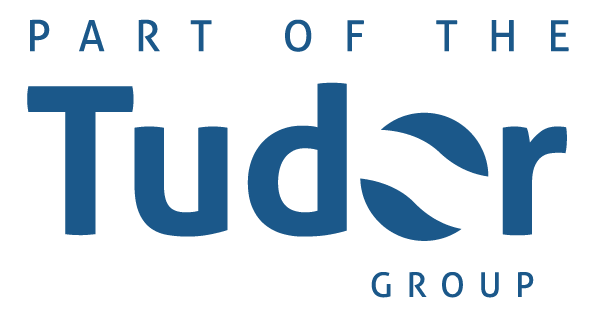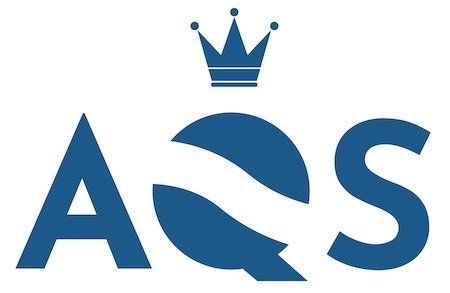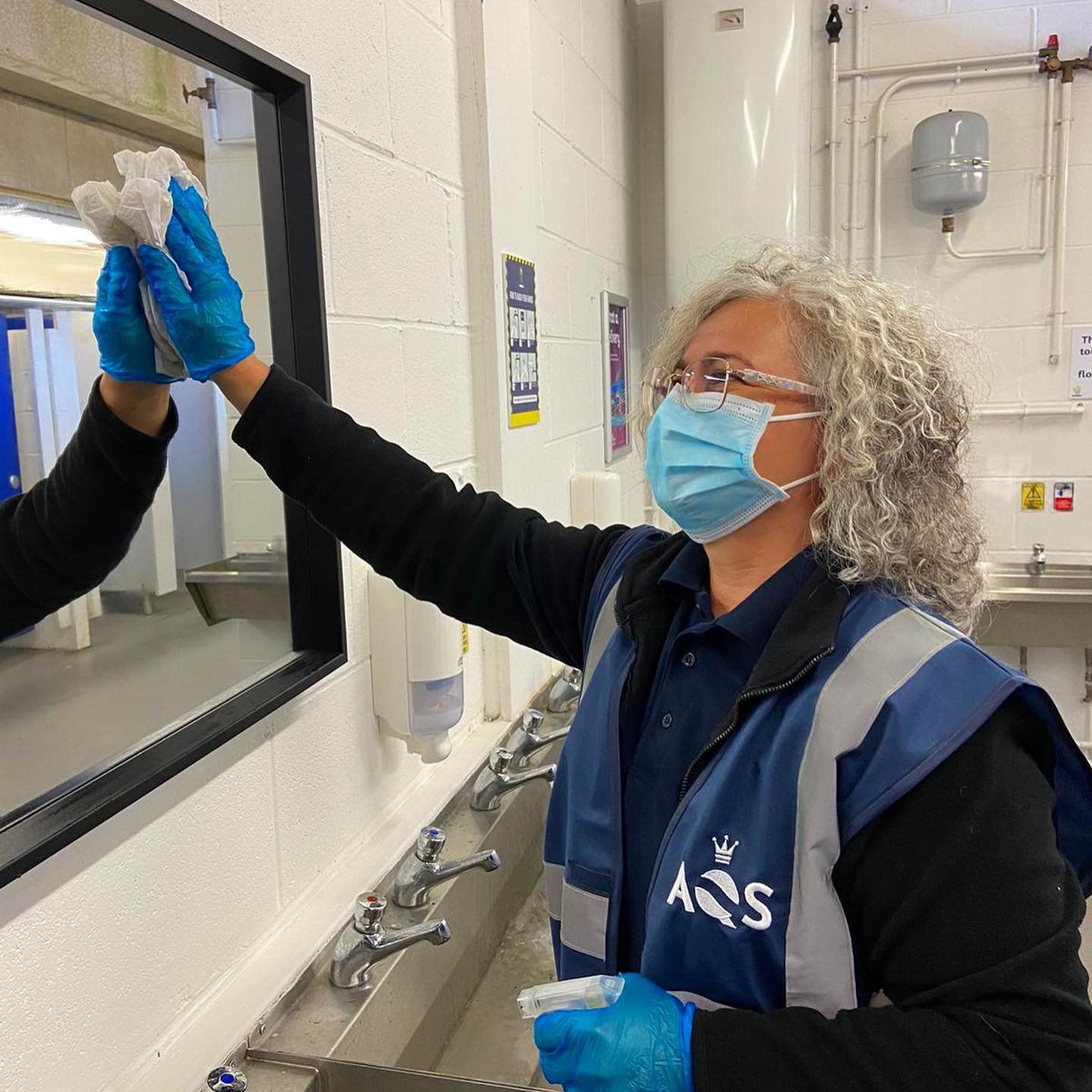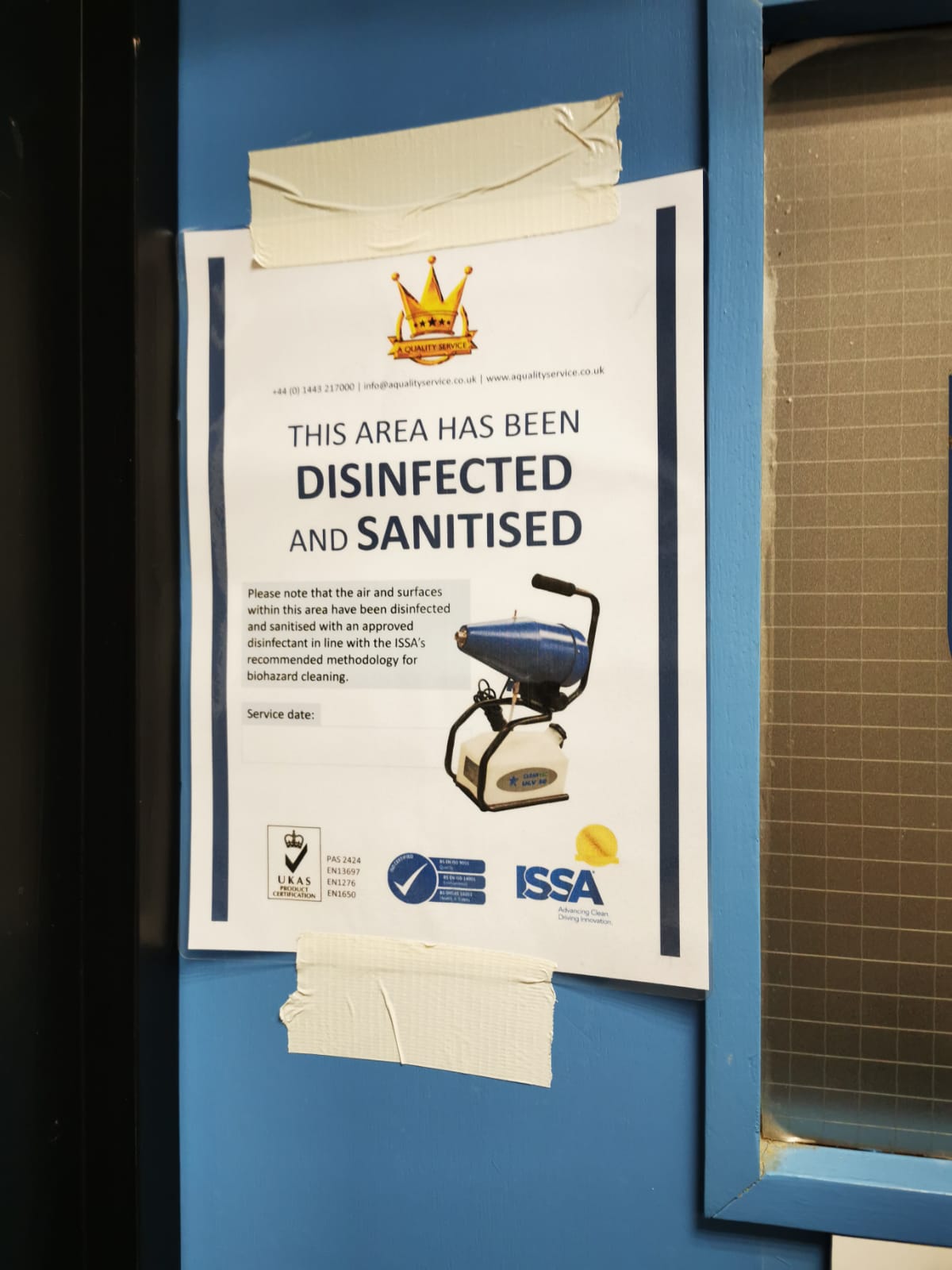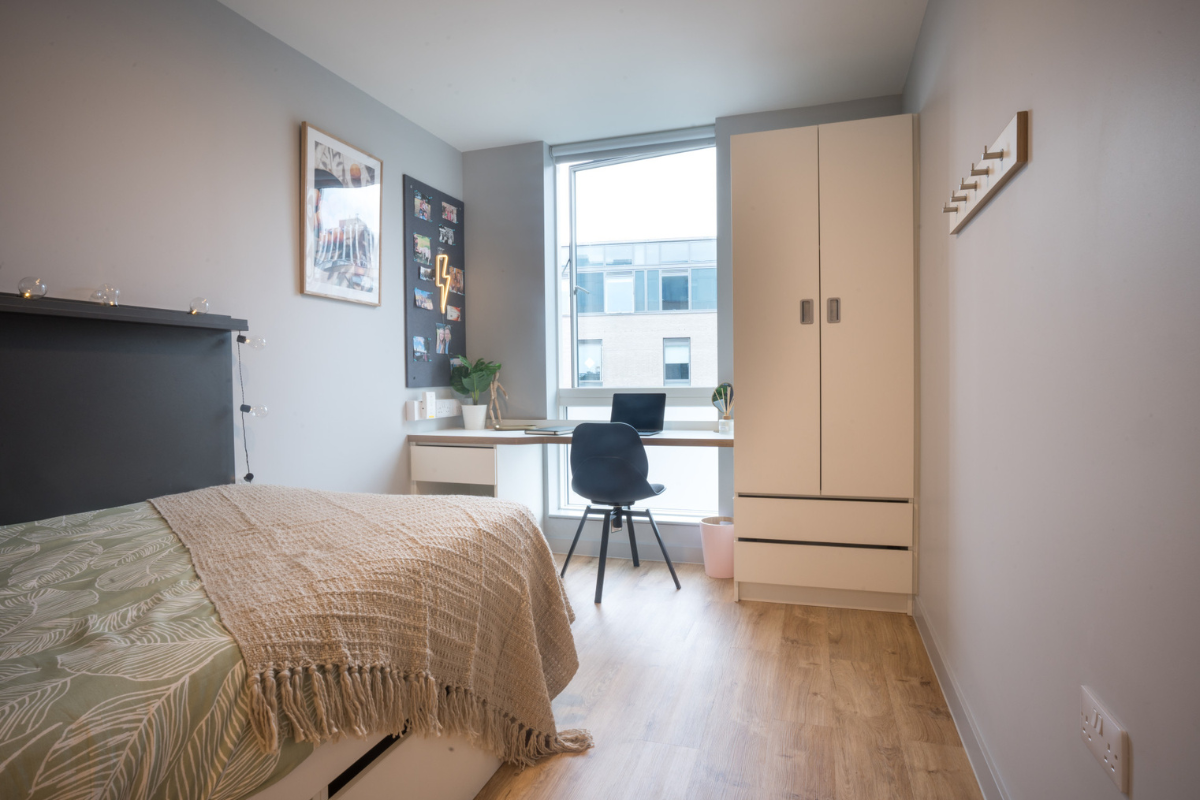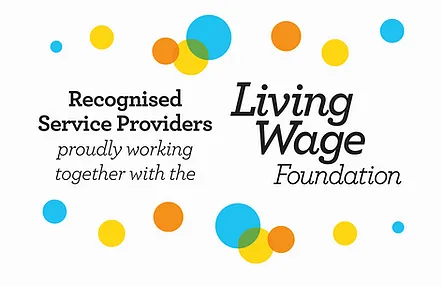Cleaning through COVID: is your workplace safe to reopen?
COVID-19 has highlighted the importance of cleanliness and sanitisation, changing the way many businesses see hygiene forever. Prior to the pandemic, many companies saw cleaning services as a finishing touch to their offices, yet now, it plays an integral part in ensuring the safety of all employees and visitors. Whilst many industries have felt the effects of the pandemic, how has this change in attitudes fared for the way in which we clean?
From ‘nice-to-have’ to ‘must-have’
The ongoing fight against COVID-19 has proven one thing: cleaning is vital. The implementation of government guidelines and legislation around hygiene has meant that many businesses have had to integrate enhanced cleaning measures into their daily functions.
As we shift to a ‘new normal’, it is important that we do not overlook the enhanced cleaning measures that help safeguard us. Many businesses are now adjusting their ways of working and placing emphasis on the health and safety of all users, with appropriate cleaning measures playing a key role. Specific cleaning-related health and safety measures vary from industry to industry, but AQS believes that there are three critical areas that are integral to safely reopening businesses across all sectors.
1. Identifying Touchpoints
Items and surfaces touched by multiple individuals require more frequent cleaning and disinfection than normal. Before reopening the doors to your workplace, it is essential that a risk assessment is carried out, highlighting areas that require deep cleaning. This deep cleaning should be carried out at a minimum of twice a day, first using a detergent to remove organic matter such as dust or bodily fluids, and then with a disinfectant, to kill pathogens.
Many touchpoints, such as door handles, taps and kitchen surfaces are found in most businesses, however, there may be less obvious areas to look out for, based on your workplace.
Specific touchpoints to look out for in your business:
University accommodation
· Fridges
· Cupboards
· Window handles
· Light switches
· Microwaves
· Changing rooms
· Intercom systems
Hospitality
· Work surfaces
· Equipment
· Utensils
· Bar taps
· Ice scoops
· Serving trays
· Lifts
Offices
· Desks
· Watercoolers
· Printers
· Phones
· Kettles
· Machinery
· Touchscreens
To reduce the risk of spreading bacteria and reduce time spent cleaning, some touchpoints can be adapted or eliminated. Throughout all buildings, non-fire doors can be propped open to eradicate the need for them to be touched. In bathrooms, paper towels or electric dryers should be introduced, to prevent multiple people from reusing the same towels. Where possible, motion sensor flushing systems, taps and soap dispensers should also be utilised to limit the number of touchpoints.
Workers’ need to touch multiple surfaces or objects can also be reduced by allocating specific work areas to specific people or by creating small groups that can work independently on tasks.
2. Signage and Training
Educating staff and customers is critical to ensuring measures are correctly implemented and guidelines are adhered to. It is essential all employees receive clear instructions and understand the importance of carrying out thorough cleaning safely. Ensure your staff are informed of any changes to cleaning regimes, explaining the reasoning behind them – allowing people to understand the significance of the changes can help reduce the chances of uncooperative staff, whilst reassuring them you are prioritising their safety.
If you are working with a cleaning company, you should encourage your employees to co-operate with the cleaners, by ensuring surfaces are left clear at the end of the day, allowing for deep cleaning to be carried out more efficiently. Posters and signage can also be introduced, to inform both staff and customers that regular cleaning is taking placing, and that they should co-operate with cleaners where necessary.
Signage also plays a key part in helping your business stay safe. Regular reminders and signs should be displayed, reminding both employees and customers to uphold hygiene standards. Sanitation points should be clearly signposted, and floor markings should be utilised to ensure physical social distancing and facilitate good hygiene. The introduction of signposted one-way systems can help reduce footfall in areas, potentially preventing those areas from becoming deep clean hotspots.
3. Rigorous Cleaning Processes
A regimented and thorough cleaning process is pinnacle to ensuring the safety of employees, customers and visitors in your workplace. As government restrictions ease, it is of utmost importance that the right processes are in place before we open our doors to the community.
Before opening your sites, you should carry out the necessary risk assessments and consult the government guidance on cleaning in non-healthcare settings outside the home. Particular steps in your cleaning process will be dictated by your industry, but all sectors should assess all their sites before reopening, specifically checking for things such as whether ventilation systems require servicing or adjusting. Plenty of hand sanitiser should be provided in all venues, for both staff and visitors, in-line with requirements for reopening after prolonged closure.
When it comes to determining a set cleaning process for your workplace, there are many things to consider. AQS has summarised a few key points that should be included as part of every cleaning process:
· Ensure any busy areas or touchpoints are deep cleaned, at least twice a day
· Check local waste carrier services are running and available to you
· Check all food preparation areas are clean and fully disinfected, before and after each use. This includes work surfaces, equipment and utensils
· Ensure you are cleaning with the correct products: detergent and disinfectant
· Ensure you are cleaning more frequently, depending on the number of people using the space
· Consider the use of fog, mist, vapour or UV treatments for cleaning and disinfecting larger spaces
With ever-changing guidelines and legislation, and the daily requirements of running your businesses, it can be difficult to implement and maintain an appropriate a cleaning processes that meets all the necessary safety standards. AQS has over 30 years’ experience in delivering high-quality cleaning and facilities management services. We see ourselves as partners to our customers and are committed to delivering the highest standard of service, safeguarding your workplace, so you can focus on growing your business.
For more information on how our services can help you restore business confidence to your employees, customers and wider community, click here.
For any enquiries, contact our team on info@aqualityservice.co.uk.

